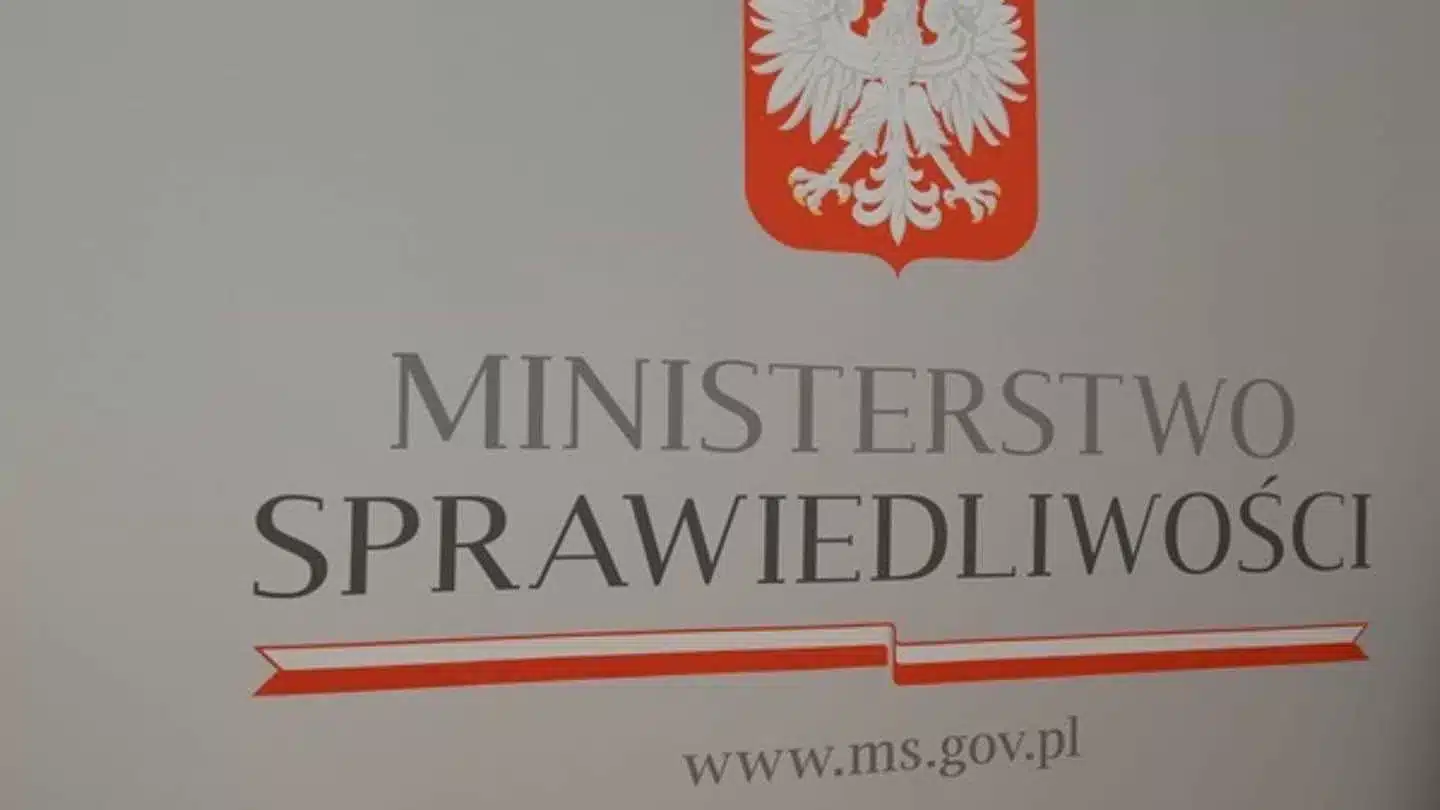As indicated by information from the Ministry of Justice, work is underway on changes to the law to ease congestion in the courts. The proposed changes would provide judges with tools to speed up, for example, the hearing of cases involving Swiss franc loans, popularly known as “frankowicze”. Experts argue this is a positive step, especially since disputes between frankowicze and banks will continue to arise. However, they add that legislative changes alone are not always enough, as past experience has shown. They highlight that the vast number of “frankowicze lawsuits” has led to extended hearing times in other case categories. This is especially evident in district courts, where the earliest free dates can be a year or even longer away.
Ministry Announces Changes
The Ministry of Justice states that the Civil Law Codification Commission is currently working on amendments to the Code of Civil Procedure. These amendments concern two projects. The first is intended to include comprehensive reforms to the Code, aimed at eliminating its most significant issues, including mistakes and legal loopholes. In particular, proposals from judges, as well as advocacy and legal advice councils, are being considered.
In addition to this, work is ongoing on a separate bill that would give judges tools to deflate court backlogs caused by the rapid influx of “frankowicze” cases. The proposed legislation contains regulations that would allow for faster processing of these cases, given that the vast majority of legal issues involved have been clarified in the rulings of the European Union Court of Justice and the Supreme Court – the Ministry of Justice announces.
All actions that can relieve the courts are a step in the right direction, asserts lawyer Ryszard Kalisz. The former Minister of Internal Affairs and Administration points out that judges already possess certain tools to expedite proceedings under current law, although they do not always fully utilize them. The expert also reminds that similar reforms aiming to streamline the work of courts had already been introduced (amendment of 2019) but did not bring significant changes in court practice. This demonstrates that merely changing the legislation is not always enough if it’s not accompanied by organizational changes and an increase in the number of judges.
It’s not too late for these kinds of actions, as we’re roughly halfway through the number of cases to be resolved backlog in the courts. There’s a real chance to alleviate court backlogs if the changes are sensibly approached. I suspect the frankowicze themselves are waiting for these changes – says legal counsel Adrian Goska of SubiGo Law Firm.
Meanwhile, lawyer Milena Mocarska from MBM Legal Law Firm insists that there are indeed numerous court cases related to foreign currency-indexed loans, and their number continues to grow. It appears that most of such disputes could be heard quickly based on the established jurisprudence of the EU Court of Justice and the Supreme Court. According to the expert, the direction of the changes is good. However, the effectiveness of the idea will depend on the concrete solutions introduced and to what extent judges will utilize them.
Courts, especially those in Warsaw where the majority of banks have their headquarters, are struggling with overload. This is a systemic problem, and the limited personnel in judicial positions significantly impact the pace of proceedings. Simplifications such as settling cases in private sessions or questioning parties in writing can speed up case processing. However, they won’t solve the problem of court backlogs in practice unless more comprehensive solutions – for example, concerning judge staffing – are introduced, adds attorney Kalisz.
Not Only Frankowicze Are Waiting
The Ministry of Justice informs that the planned legislation aims to relieve courts of frankowicze cases, and as a result, speed up the hearing of all case categories. As a result, the planned changes will benefit all users of the justice system.
The civil divisions are the most affected by the influx of frankowicze cases. In Warsaw, the XXVIII Civil Division of the District Court – the so-called “frankowicze” division – has been set up to handle these disputes. Some of the cases that I handle have been moved there. However, not all frankowicze issues go to this division, which means that the remaining civil divisions are still overloaded – analyzes lawyer Ryszard Kalisz.
According to legal counsel Adrian Goska, the massive influx of frankowicze lawsuits has certainly caused a delay in rulings in other categories of cases. This problem mainly concerns district courts. The expert from SubiGo Law Firm adds that the cases that have suffered the most include divorces. In some district courts, they even have to wait 2-3 years. Also, property cases worth more than PLN 100,000 ($23,000) are affected. As Milena Mocarska points out, it doesn’t matter whether the lawsuit submitted to the court relates to a Swiss franc loan or something else. The case has to wait in line for resolution. This applies to both waiting for a hearing to be scheduled and any actions related to documents submitted by the parties.
Currently in district courts, especially in Warsaw, the wait time for scheduling a hearing in civil cases can be even several years. Clients often don’t understand why they have to wait so long, and they become frustrated. Applications for case expedition usually don’t yield results. Courts indicate that the next available date is in a year or longer. Court saturation thus directly extends the length of proceedings. This particularly affects individuals awaiting quick resolutions in civil cases – not necessarily related to Swiss franc loans – concludes the former Minister of Internal Affairs and Administration.
Source: https://managerplus.pl/ministerstwo-sprawiedliwosci-ma-plan-na-rozladowanie-zatorow-w-sadach-moze-to-dotyczyc-zwlaszcza-spraw-frankowych-39386
